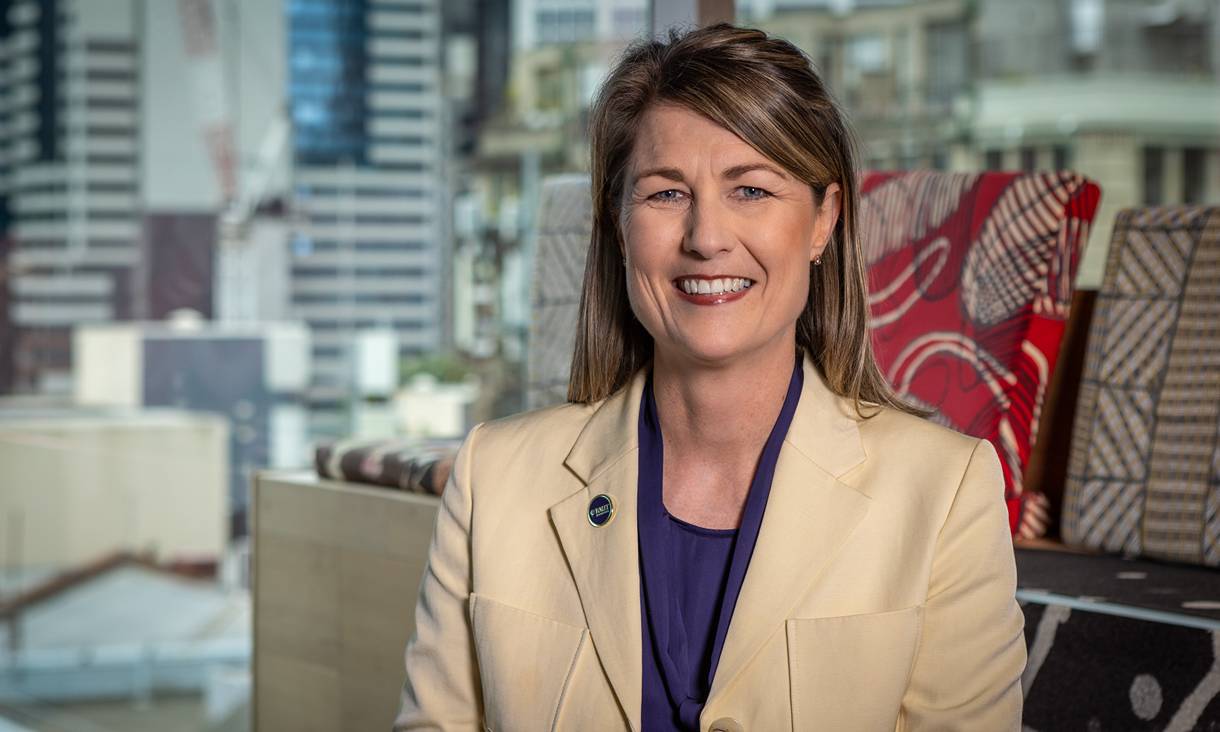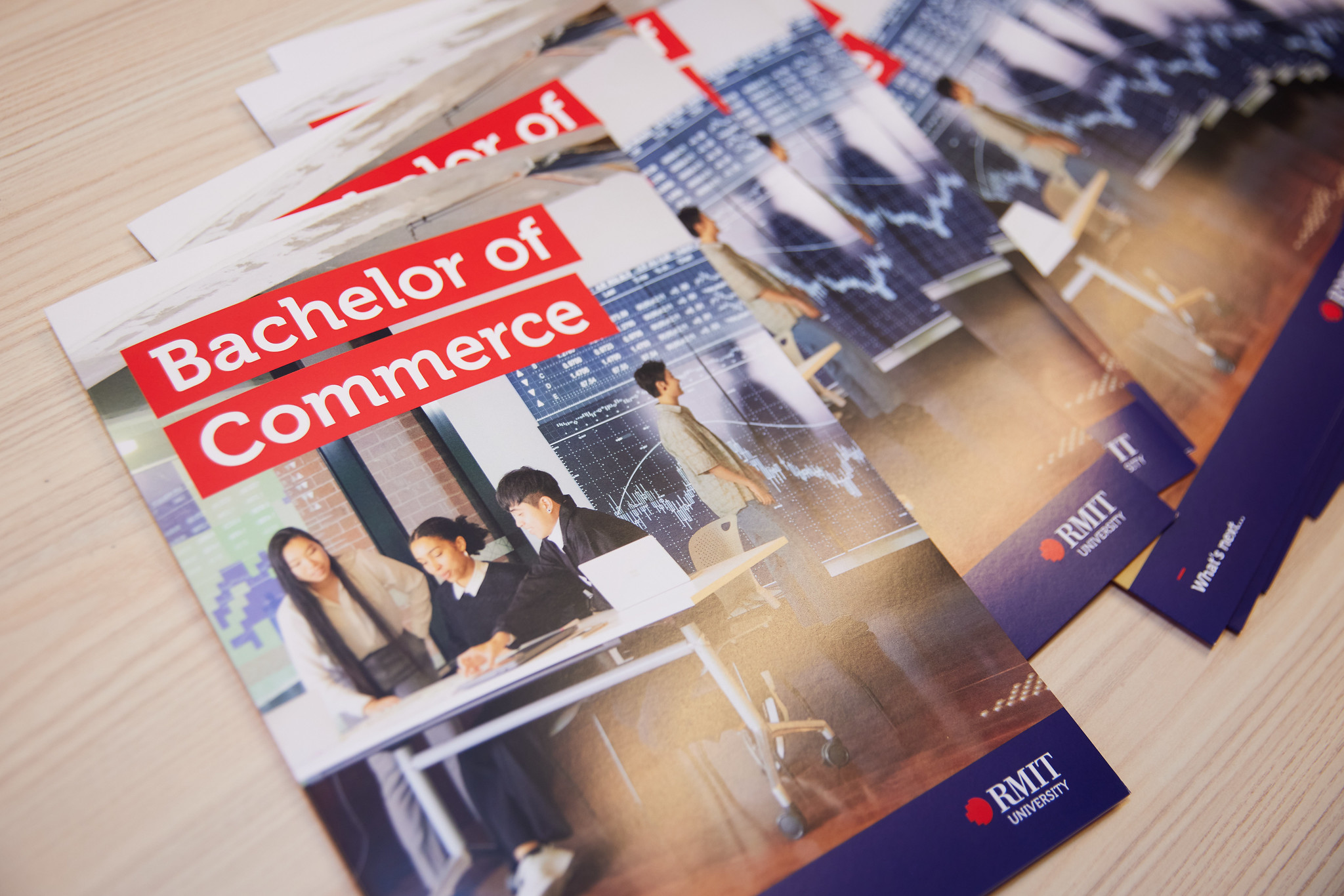Australia’s Finance Services Minister Jane Hume recently compared influencers who give financial advice online to “the bloke down at the pub who wants to tell you all about the really great company he just invested in – but with a much louder voice”.
But Dr Angel Zhong, a Senior Lecturer in Finance at RMIT, said they’re chalk and cheese, with finance influencers able to reach a significantly larger audience than a loudmouthed pub patron.
“The bloke at the pub does not make profits from telling you about the great company he just invested in,” she said.
“On the contrary, social media influencers generate income based on the views of their contents. As such, their motives are different.”
In Australia, giving financial advice without a license is illegal but the government has refused to regulate unlicensed influencers who use social media to reach potential investors.
Influencers are increasingly turning to online platforms like TikTok and YouTube to give financial advice, despite not being licensed to do so.
Zhong said laws designed to protect investors from receiving biased advice are not being applied to social media platforms, despite the large audiences they attract and real potential for damage.
“Investment advice provided on social media tends to encourage day trading, promote get-rich-quick schemes and FOMO (fear-of-missing-out),” she said.
“Many videos and posts have also encouraged investors to borrow money to invest in cryptocurrency, which suffered a huge loss in the recent crypto crash.”
Unmoderated investment advice could also lead to herding behavior in financial markets – where investors follow the crowd instead of their own analysis.
Recent RMIT University research found financial information consumed online influenced investment decisions, a challenge to previous thinking that they merely justified people’s existing ideas.
Complaints about unlicensed online financial advice have been recorded by the Australian Securities and Investments Commission (ASIC) but few have resulted in convictions.
Zhong said governing bodies like ASIC should be taking a harsher stance on finance influencers by stepping up monitoring and enforcement efforts but lack the tools and framework to do so.
“The large influx of young and inexperienced investors in the share market further highlights the importance of having explicit measures in place to warn vulnerable viewers about the reliability of financial advice in social media,” she said.
“Unverified investment advice is no difference to fake news, which is frequently flagged by social media platforms that urge viewers to read with caution.”
Newbie investors are particularly susceptible to receiving dodgy financial advice, as the internet replaces traditional outlets like accredited financial advisors.
It’s also become easier for that advice to be applied, with the rise in trading apps such as Superhero and eToro.
“A dilemma faced by a lot of young investors is that licensed advice in Australia is expensive, so many turn to social media for free investment advice,” Zhong said.
While investing has become more accessible – in both convenience and cost – Zhong said it’s just as risky as ever; potentially more so as trends become harder to predict.
“We can’t afford to bury our heads in the sand and be complacent. We’re treating social media like the Wild West but it needn’t be that way,” she said.
“The government has an opportunity to bring finance influencers into line and hold them to the same responsibilities as offline practitioners.”
Story: Aeden Ratcliffe




